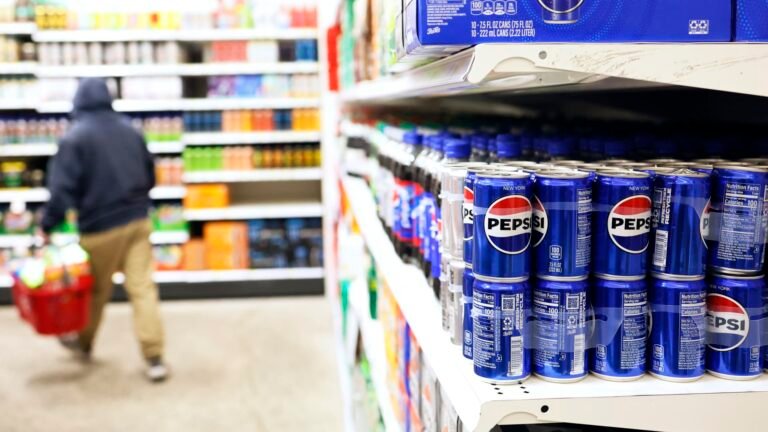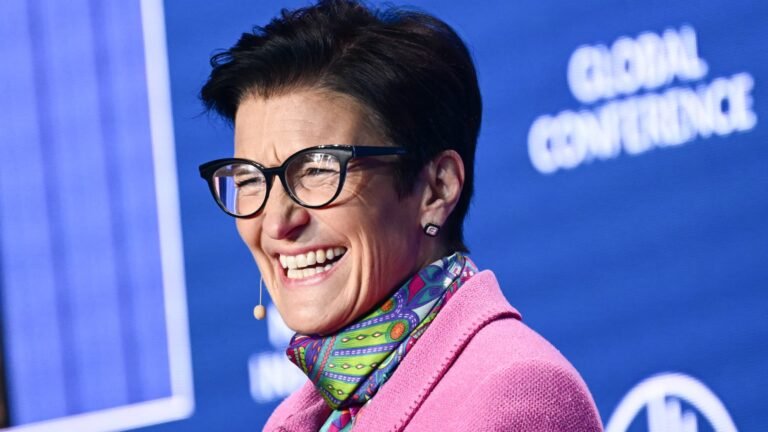In this article, Boeing shares dropped over 2% on Monday following South Korea’s directive to inspect all 737-800 planes, the model involved in a fatal Jeju Air crash. The Acting President instructed the Transport Ministry to conduct an emergency safety inspection of the country’s airline system. The Ministry of Land, Infrastructure, and Transport (MOLIT) announced a comprehensive special inspection of the B737-800.
The crash, which claimed 179 lives, occurred when the plane landed without deploying the correct gear at Muan International Airport, skidded off the runway, and collided with a wall, resulting in a fire. Only two crew members survived. The pilot mentioned a “bird strike” after a bird activity warning and declared a “go-around” and “Mayday.”
Two black boxes from the aircraft are being analyzed. The U.S. National Transportation Safety Board, along with the Federal Aviation Administration and Boeing, is assisting South Korea’s investigation. Engine manufacturer CFM International is also involved.
MOLIT is examining the concrete wall impact and reviewing the 737-800s in South Korean airlines’ fleets. The Boeing 737-800, in operation for nearly three decades, has a strong safety record. It is widely used, with about 4,400 in service globally. South Korean low-cost carriers, including Jeju Air, operate this model.
MOLIT plans to strengthen regulations related to bird strikes and airport construction. Boeing expressed readiness to support Jeju Air and extended condolences to the victims’ families. Another Jeju Air 737-800 returned to Gimpo Airport due to landing gear issues. The CEO of The PC Agency emphasized the need to scrutinize maintenance records for clues.
Jeju Air assured support for victims’ families and stated that the aircraft was insured for $1 billion. The airline denied mechanical faults or safety lapses as factors in the crash. Jeju Air’s shares hit an all-time low and closed down 8.65% on Monday.







